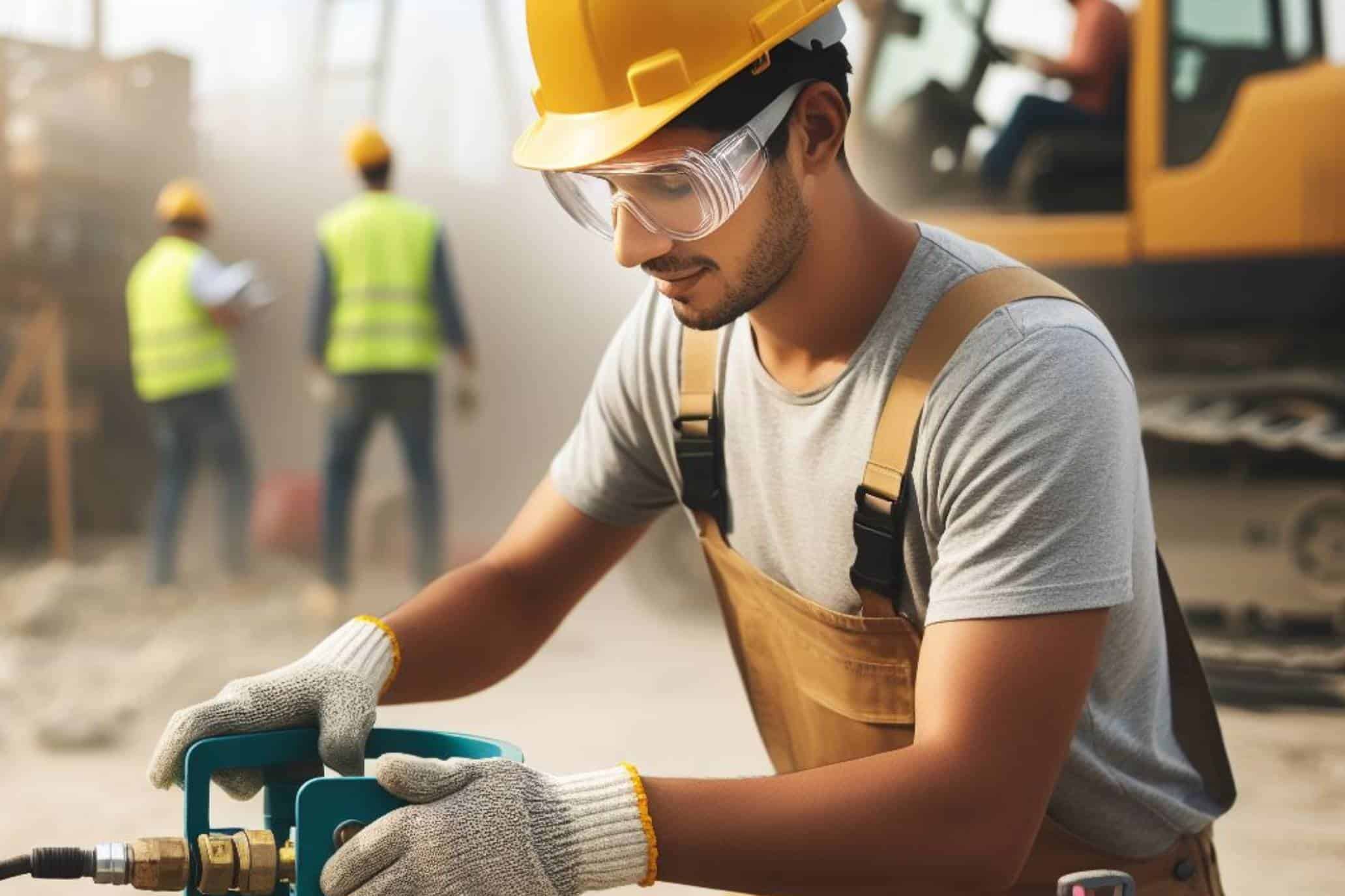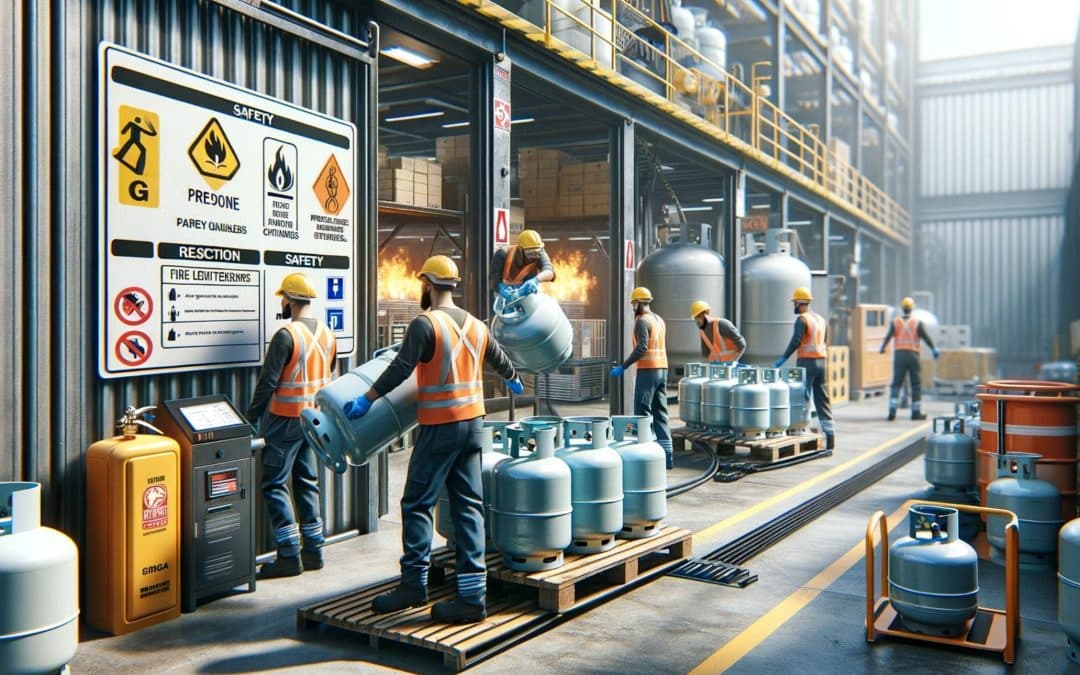Index:
- Understanding Propane and Its Uses
- Regular Inspection and Maintenance
- Proper Storage is Key
- Handling Leaks Like a Pro
- Safe Transportation of Propane Tanks
- Training and Knowledge
- Certification Options

Understanding Propane and Its Uses
Before we get into the nitty-gritty, let’s talk about propane. It’s a versatile gas used in heating, cooking, and even powering vehicles. But with great power comes great responsibility. It’s highly flammable, which means mishandling it can lead to serious fire hazards.
Regular Inspection and Maintenance
1) Check for Leaks
Your first line of defense in propane safety is regular checks for leaks. How do you do it? Simple. Apply a soapy water solution to the connections and watch for bubbles when the gas is turned on. If you see bubbles, you’ve got a leak. Tighten up or replace faulty parts ASAP.
2) Keep an Eye on the Condition
Rust, dents, or heavy wear and tear on your propane tank? That’s a red flag. These can lead to leaks or worse. Regularly inspecting the condition of your tank is essential in preventing accidents.
Proper Storage is Key
Propane tanks should be stored outdoors, in a well-ventilated area. Keeping them indoors is a big no-no – if there’s a leak, you’re looking at potential disaster. Also, make sure they’re stored upright and away from direct sunlight or excessive heat.
Handling Leaks Like a Pro
1) Shut it Down
If you suspect a leak, shut off the main gas supply valve on your tank if it’s safe to do so. This can prevent a bad situation from getting worse.
2) Evacuate and Call for Help
Don’t try to be a hero. Evacuate the area and call for professional help. Remember, dealing with gas leaks isn’t a DIY job.

Safe Transportation of Propane Tanks
Transporting propane tanks requires care. Always keep them upright and secure them so they won’t tip over. Never keep a propane tank in a closed vehicle – the buildup of gas can lead to dangerous situations.
Training and Knowledge
Being well-informed and trained is your best tool in ensuring propane safety. Understanding the properties of propane, how to handle emergencies, and proper usage practices are key. Remember, knowledge is power – and safety.
Final Thoughts: Get Certified with Valley WorkSafe
So there you have it – six essential propane safety tips to keep you and your worksite safe. But why stop there? At Valley WorkSafe, we offer a comprehensive online certification course on Propane Safety. Our modules cover everything from propane safety tips to handling emergencies, and they’re designed for folks like you in the trades. Highly rated and super accessible, you can complete these courses in less than a day. It’s an affordable, easy way to boost your safety know-how and add a shiny new certificate to your resume. Stay safe, and power up your career with the right knowledge!
Realted Video:

